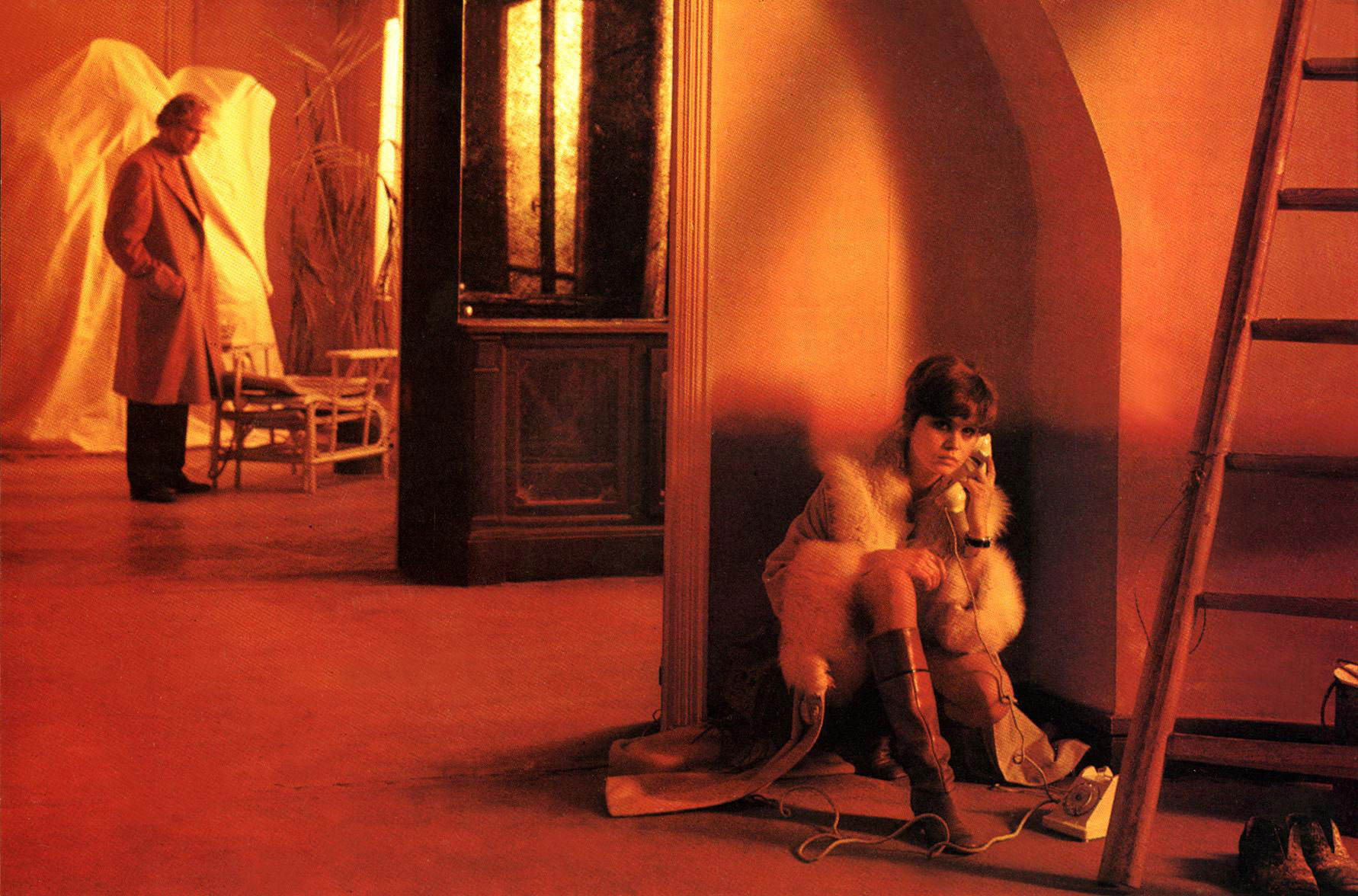It’s naïve to think that great movies never ask anything of us, that we can simply allow them to wash over us, gracing us with their artistry. No—we need to meet movies halfway, and our conflicted feelings become part of the experience. Bernardo Bertolucci’s Last Tango in Paris is an unequivocally demanding film. It’s also one of the great films about loneliness. Marlon Brando plays a man grieving after his wife’s suicide. By chance, he meets a young woman, played by Maria Schneider, when both turn up at the same time to look at a Paris apartment rental. The two embark on an affair—the rules are set by the man—in which they meet at the apartment regularly to have anonymous, consensual sex. They will not exchange names. But we do know the woman’s name: Schneider’s character is Jeanne. And even if Brando is the big star actor here, he is nothing without her. The sex in Last Tango is carnal and immediate; sometimes it’s also tender and funny. The one thing it’s not is sexy: The movie’s opening credits roll against images of two Francis Bacon paintings, one of a man and one of a woman, their faces unsettling blurs of paint—that should tell you something. But in addition to being provocative, Last Tango is strangely beautiful and affecting, exploring the ways humans sometimes use sex not just as an escape, but as a way of attempting to erase the self. It’s extreme in the way great art is often extreme.
Moving beyond the X rating the film received upon its release, Last Tango has become even more controversial in recent years: Schneider, who died in 2011, said in a 2007 interview that she had not been told in advance about a scene in which her character is raped, and that it made her feel humiliated. “I felt a little raped, both by Marlon and by Bertolucci,” she said. Schneider had, however, read the script in advance, and the rape scene had always been there. (And even though this ought to go without saying, all of the sex in Last Tango was simulated: Schneider never claimed she was raped on set.) But it’s true that Brando and Bertolucci had not told Schneider about the butter that was to be used in the movie’s most famous scene, because Bertolucci had wanted her shock in the moment to feel genuine. That was a cruel surprise, and it represents a grave breach of trust between director and actor. The rape scene in Last Tango isn’t easy to watch—but it has never been easy to watch, nor was it ever intended to be. We can count it as part of the film’s complicated legacy.
- Donald Trump Is TIME's 2024 Person of the Year
- Why We Chose Trump as Person of the Year
- Is Intermittent Fasting Good or Bad for You?
- The 100 Must-Read Books of 2024
- The 20 Best Christmas TV Episodes
- Column: If Optimism Feels Ridiculous Now, Try Hope
- The Future of Climate Action Is Trade Policy
- Merle Bombardieri Is Helping People Make the Baby Decision
